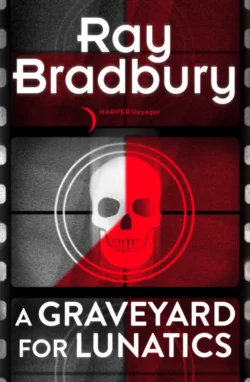A Graveyard for Lunatics

Рэй Дуглас Брэдбери
Тип: электронная книга
Жанр: Ужасы
Язык: на английском языке
Стоимость: 463.26 ₽
Статус: В продаже
Издательство: HarperCollins
Дата публикации: 16.04.2024
Отзывы: Пока нет Добавить отзыв
О книге: One of Ray Bradbury’s classic novels, available in ebook for the first time.Halloween Night, 1954. A young, film-obsessed scriptwriter has just been hired at one of the great studios. An anonymous investigation leads from the giant Maximus Films backlot to an eerie graveyard separated from the studio by a single wall. There he makes a terrifying discovery that thrusts him into a maelstrom of intrigue and mystery – and into the dizzy exhilaration of the movie industry at the height of its glittering power.